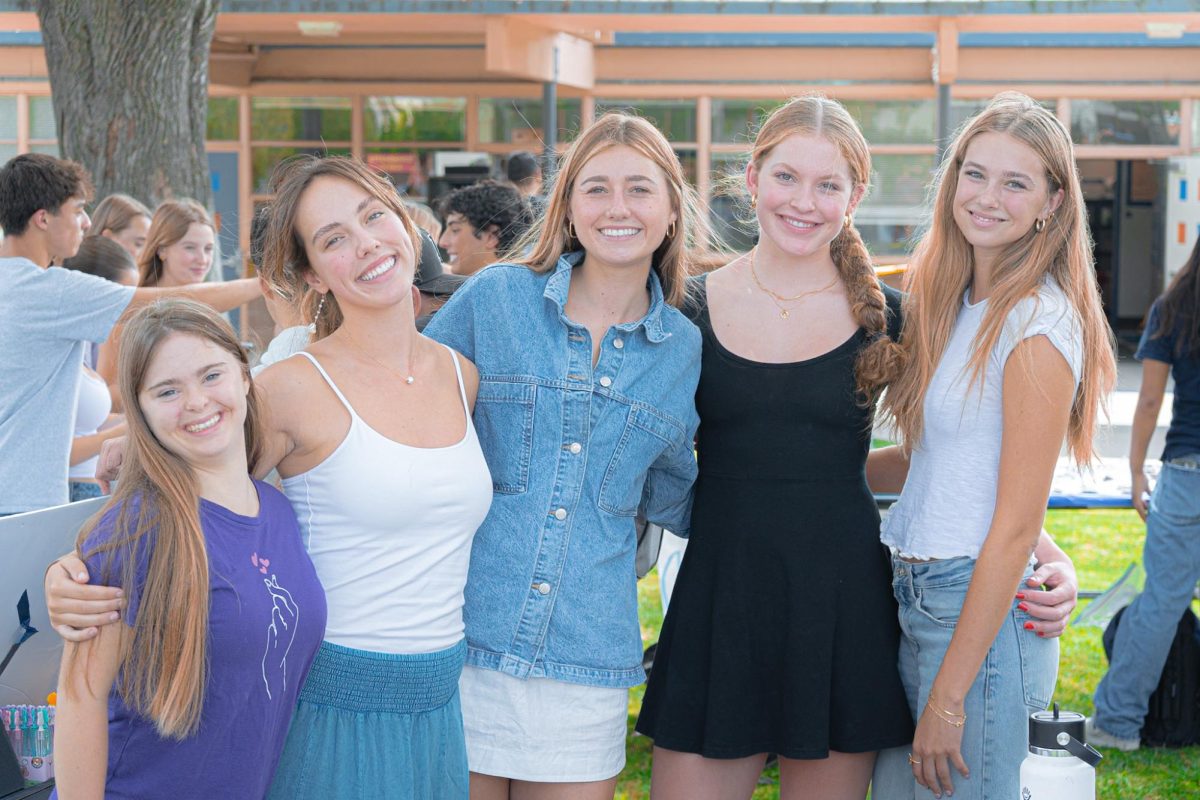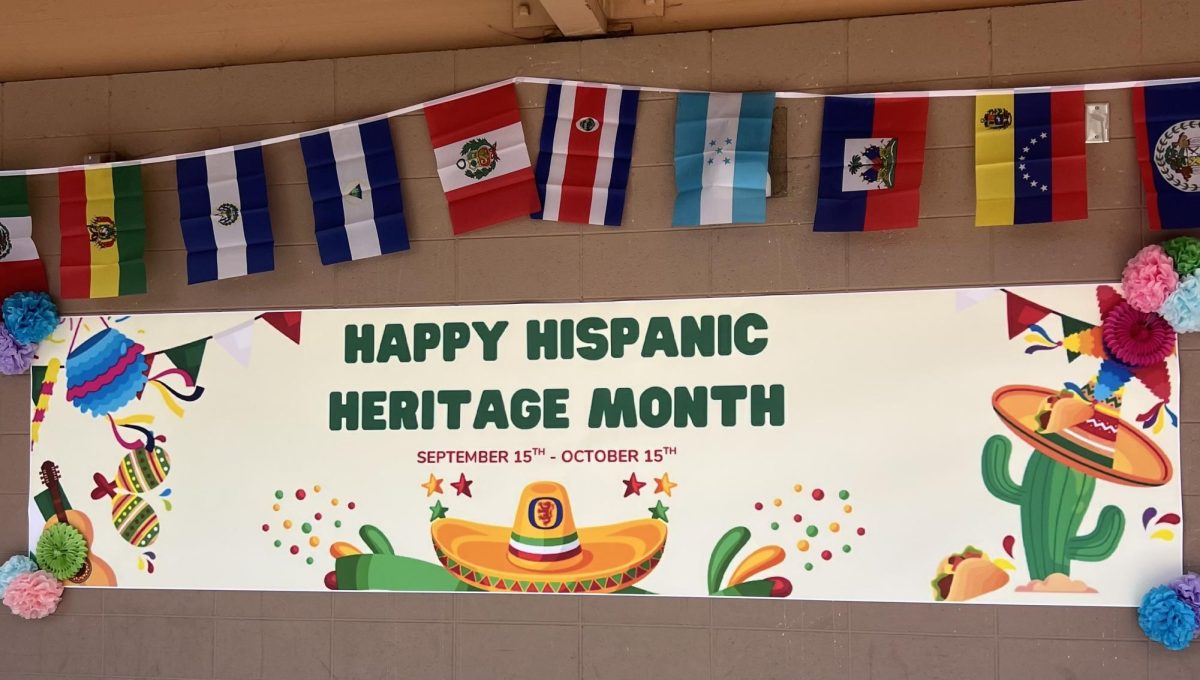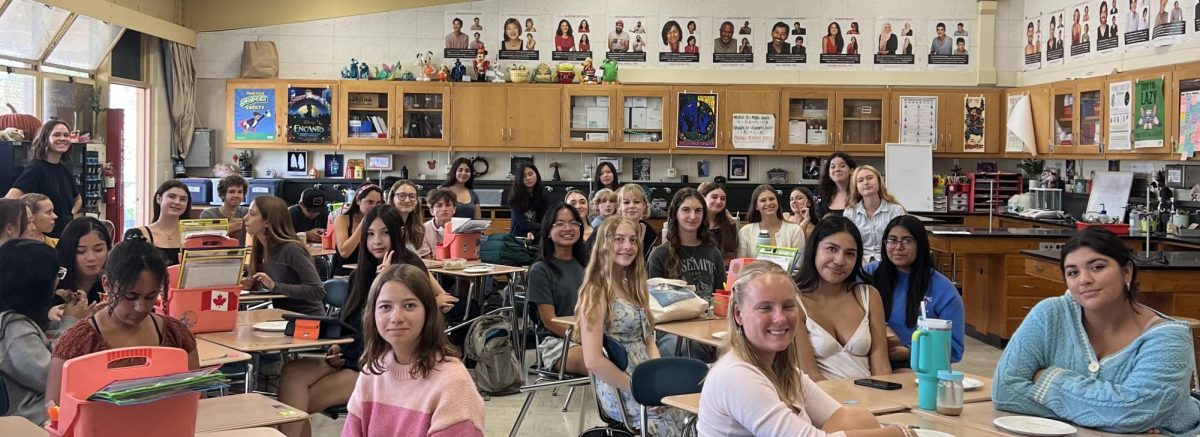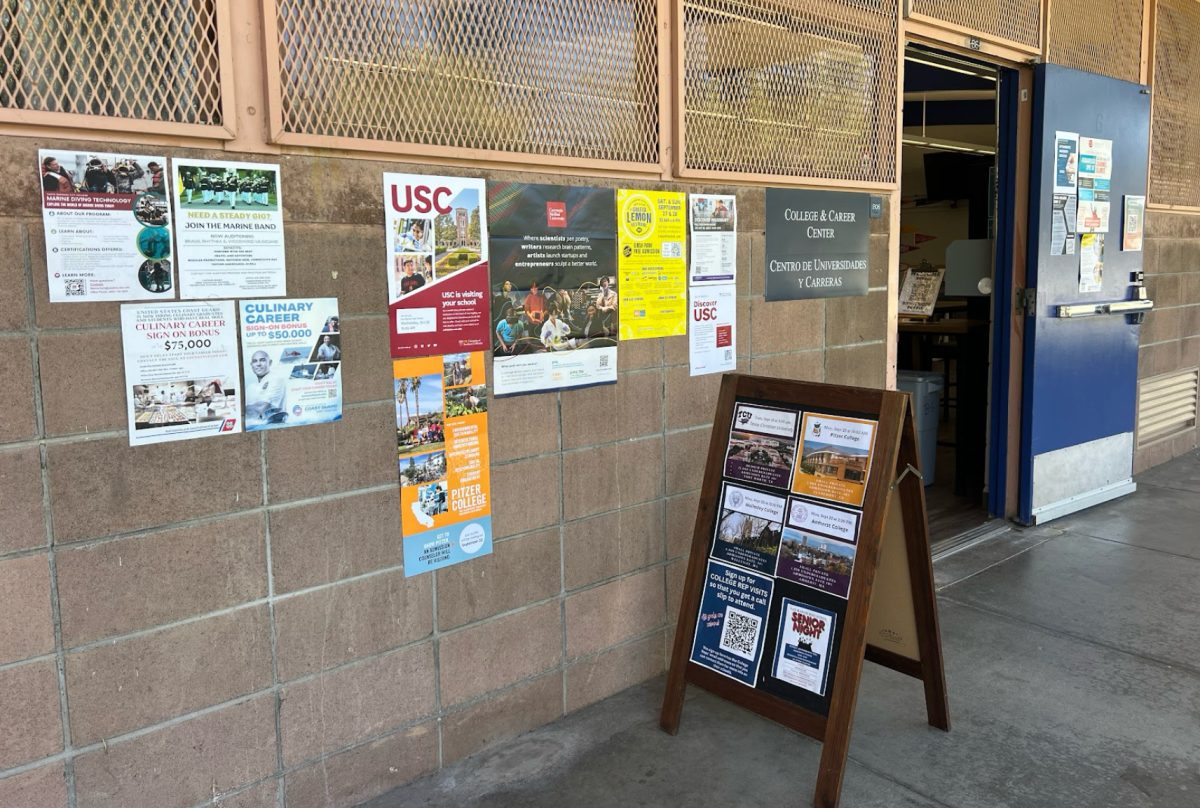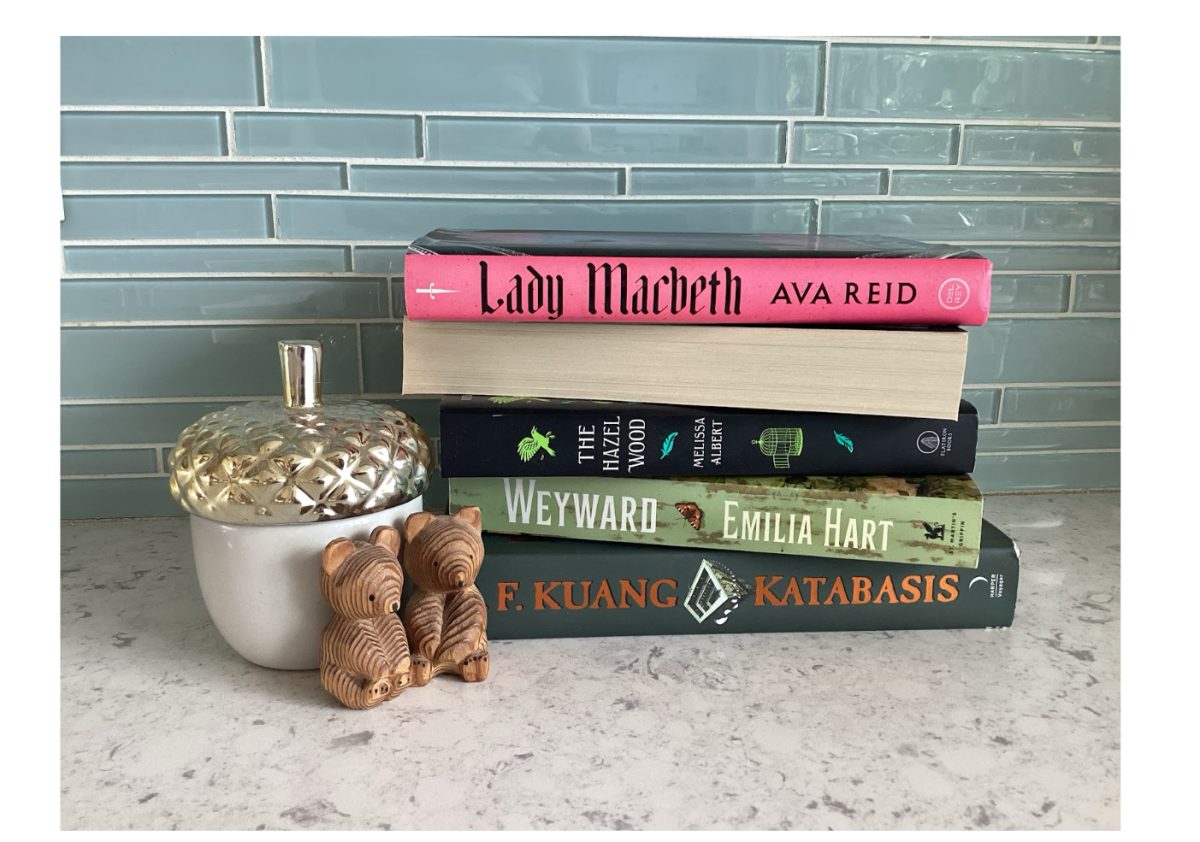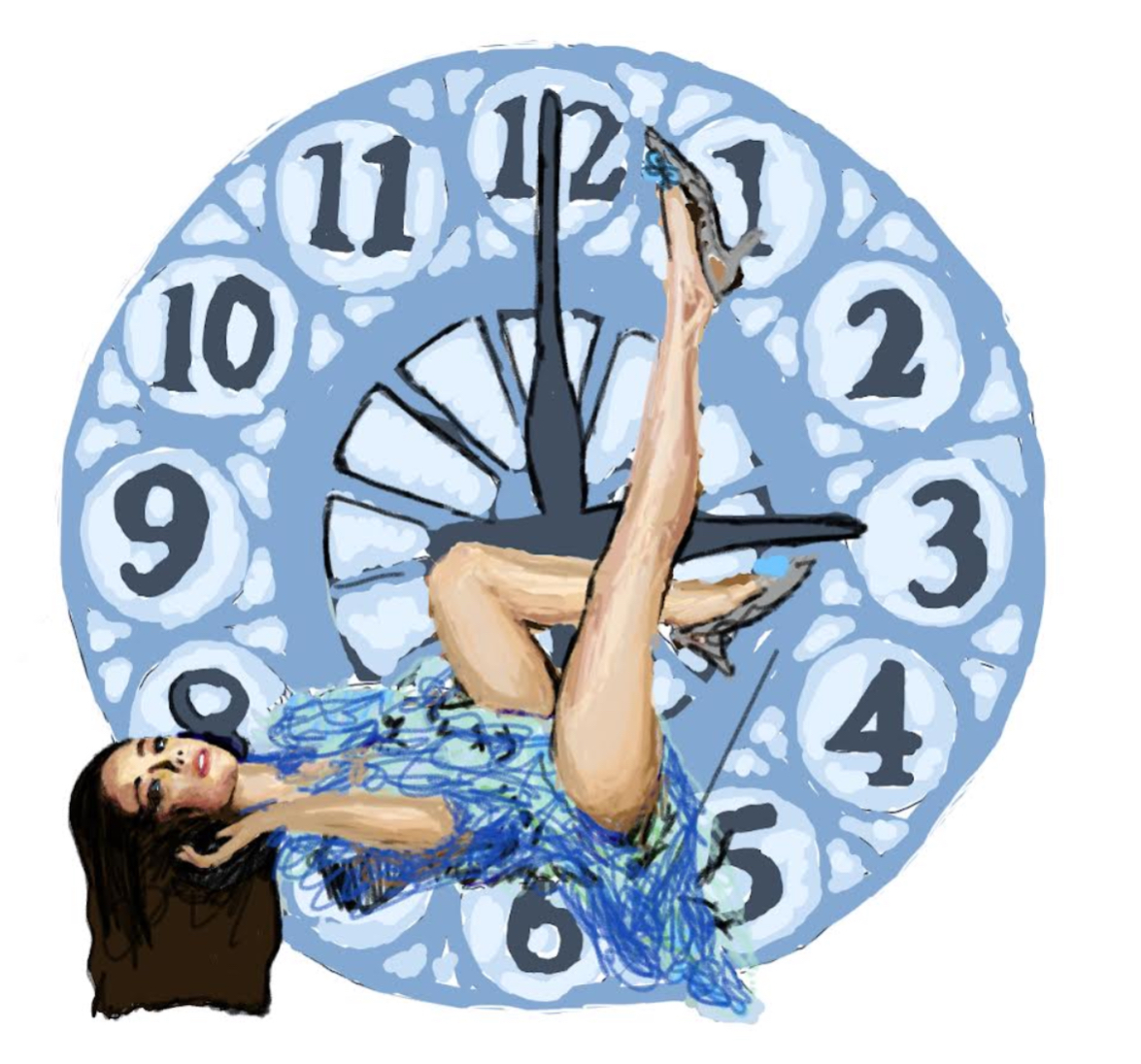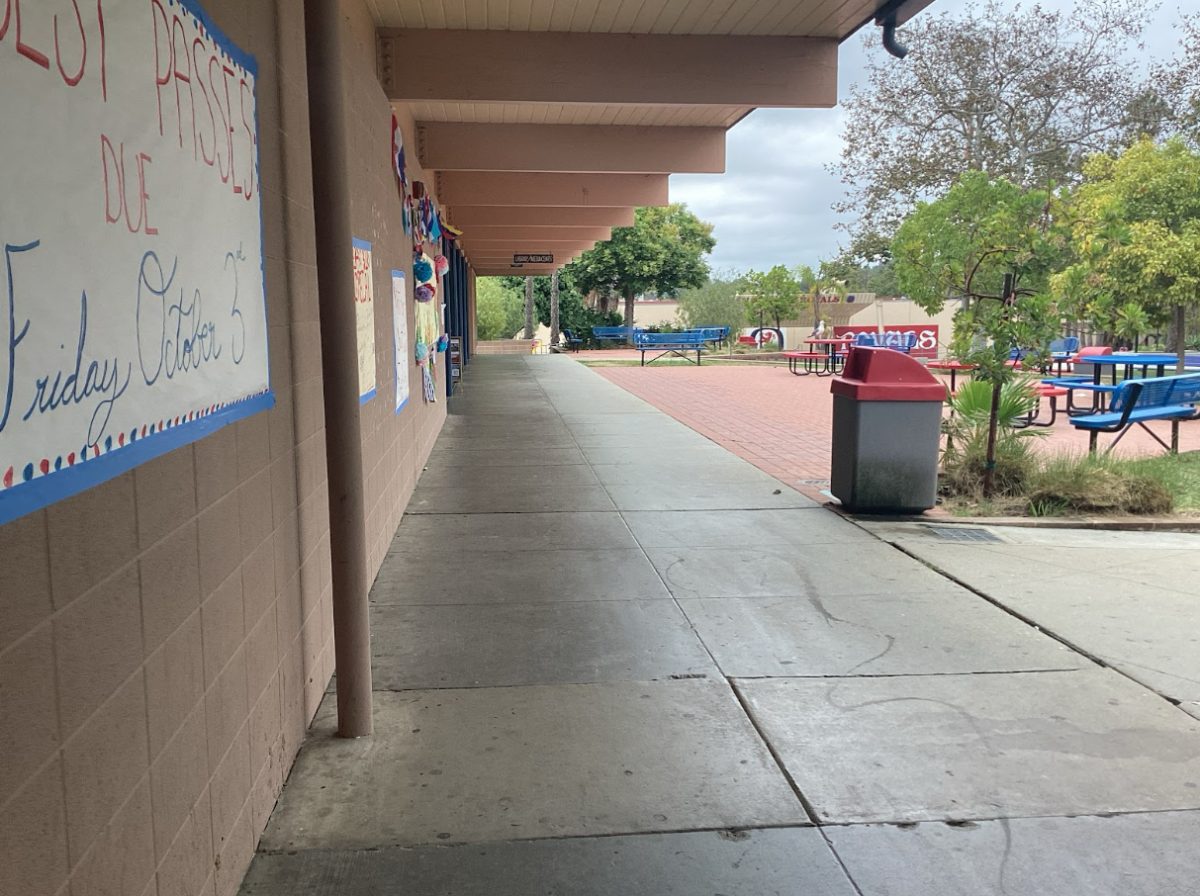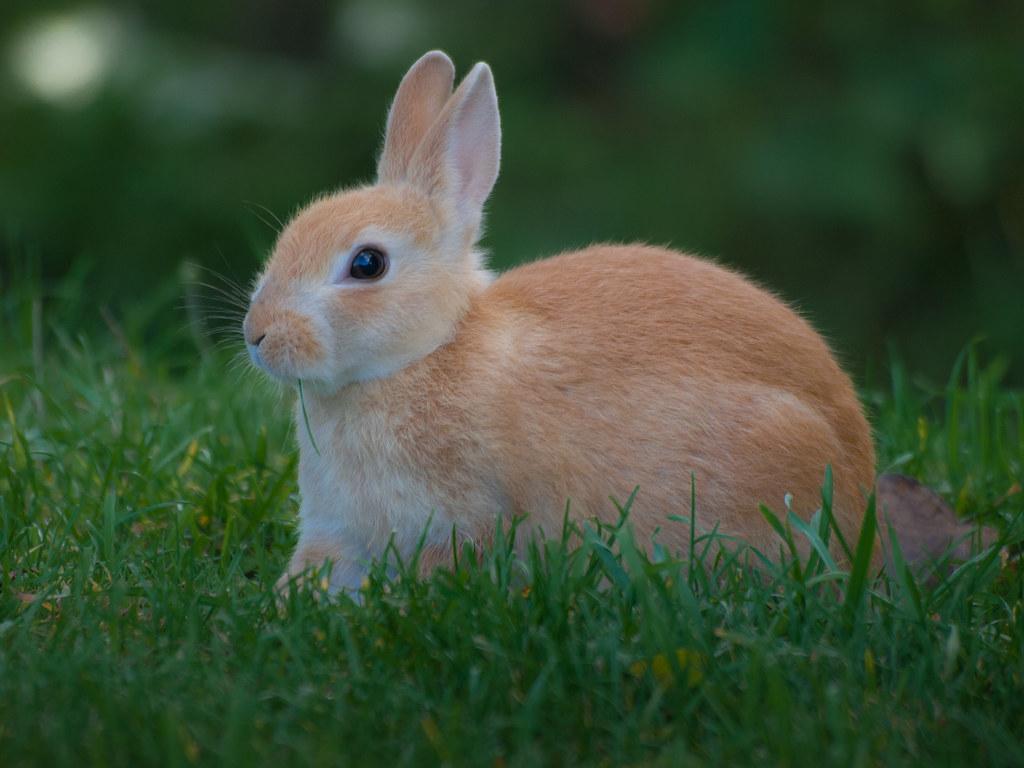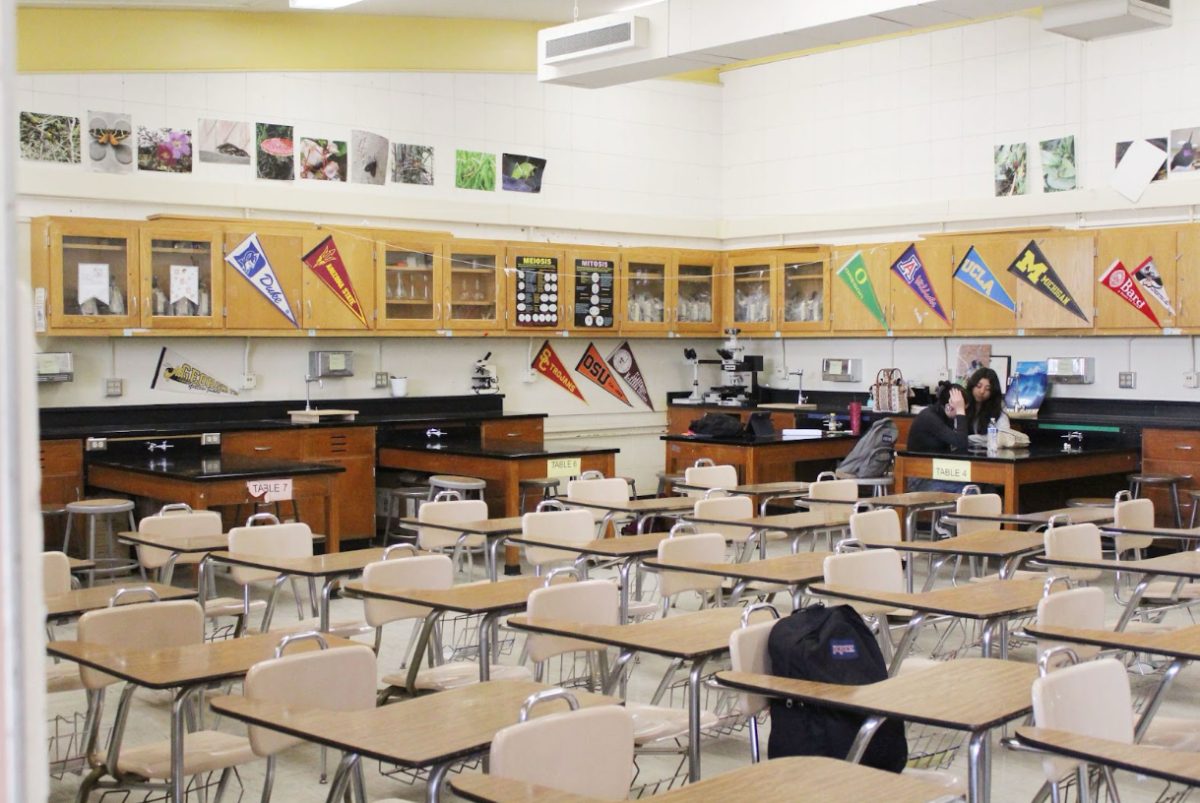With multiple lockdowns and social distancing, pets have been vital in helping people get through this COVID-19 pandemic. As a result, the demand for pets has been high. The sudden increase in adoptions and other changes have been difficult for animal shelters to handle. For shelters like Bunnies Urgently Needing Shelter (BUNS), many alterations have been made to accommodate these new challenges.
Owning a pet has been proven to have numerous health benefits such as lower blood pressure and decreased stress levels. Pets also provide companionship, something many people are in need of during this time.
“My guinea pigs have helped me during the pandemic because they are something to look forward to” said freshman Dazli Rosario. “It is fun getting to spend more time with them and being there for them.”
With many benefits making pets the perfect companions during such an isolating time, local shelters, along with other shelters across the country have experienced a drastic increase in adoptions during the first lockdown. However, as time has passed, the adoption numbers at shelters such as BUNS have since stabilized and are back to normal.
Bunnies Urgently Needing Shelter is a local non-profit corporation that is devoted to the care of rescued guinea pigs and rabbits, as well as educating people on how to properly care for these types of pets. Before COVID-19 hit, the shelter was open to the community so anyone could come by to visit or adopt the animals, and plenty of volunteers helped out daily. The shelter also provided resources for pet owners such as classes on rabbit and guinea pig care, and sold pet supplies such as hay. From time to time BUNS would also host events called “Hoppy Hours” and “Pignics” at the Humane Society, where owners could bring their pets to meet other rabbits and guinea pigs.
However, the new need for social distancing has caused many changes in how the shelter is run. To minimize the number of people at the shelter and further prevent the spread of COVID-19, fewer people are working at BUNS. In addition, the shelter is closed to visitors. If you would like to visit the shelter to drop off or adopt an animal, you must first make an appointment, and all pre-adoption procedures are now completed online or over the phone.
BUNS used to have many volunteers from various local schools such as San Marcos and UCSB. Although they are no longer taking new volunteers at the moment, in normal circumstances it is a great place to volunteer in order to fulfill community service requirements. No experience is needed. The work may include grooming and feeding the animals as well as keeping their cages clean. For people under 16 years old, parental supervision is required. It is a great opportunity to spend time with animals while supporting a good cause.
While volunteering at the shelter is currently not an option, there are other ways to support them through this challenging time. One way is by following their Facebook and Instagram accounts @bunssb, and sharing their postings.
“Prior to closure people would come in and bring children to visit,” said shelter director Jean Silva, “but now, not so much, so we don’t have many ways to get information out.”
By sharing their posts and supporting their accounts, you can help them spread information and awareness. Donations to help cover expenses such as veterinary care are also a great way to support the shelter.
Unfortunately, COVID-19 is not the only disease that the shelter has been working against. The pandemic hit at around the same time that Rabbit Hemorrhagic Disease (RHD) began to spread throughout the midwest. This disease is highly contagious and deadly to rabbits, and has put additional strain on the shelter. RHD has been found in rabbits in surrounding counties, and although it has yet to reach Santa Barbara, BUNS is working hard to vaccinate their rabbits, spread awareness, and prevent its expansion.
As adoption numbers fluctuate and various difficulties arise, shelter workers across the country, including BUNS volunteers, have been working relentlessly to care for their animals. “It has its challenges, but we’re very committed to what we’re doing,” said Jean Silva, “so we just keep going, no matter what.” If you would like to support BUNS by donating, or find out more about the shelter or Rabbit Hemorrhagic Disease, you can always visit their website bunssb.org for more information.

